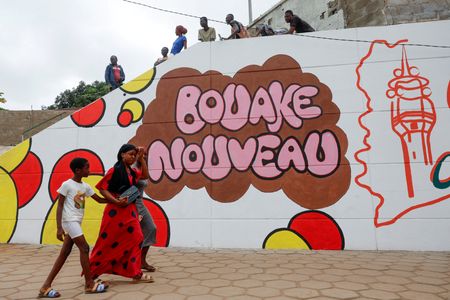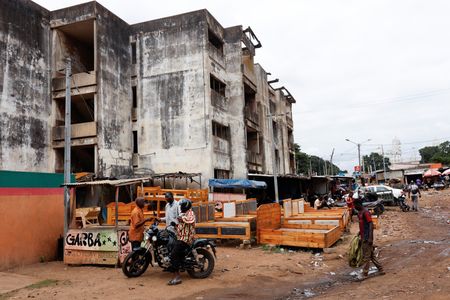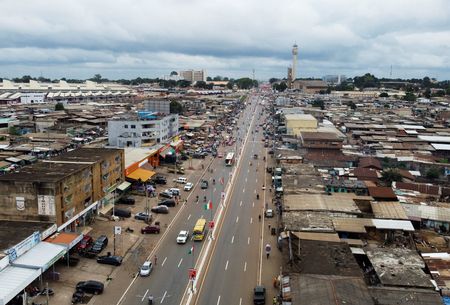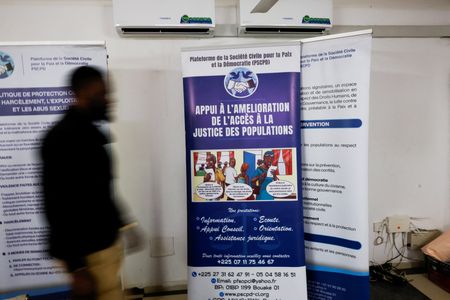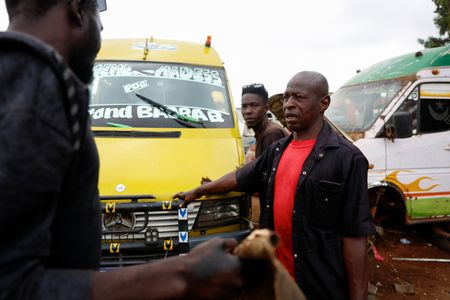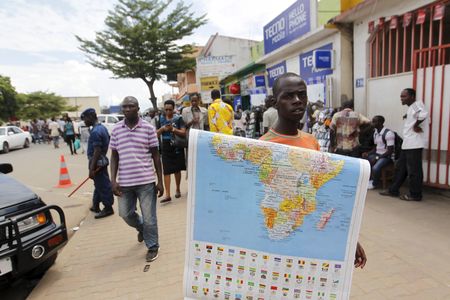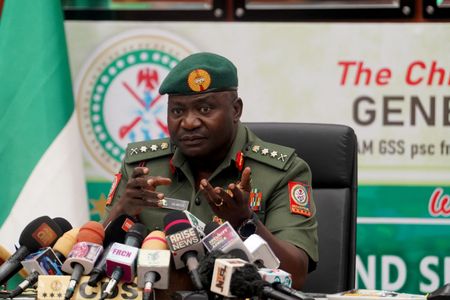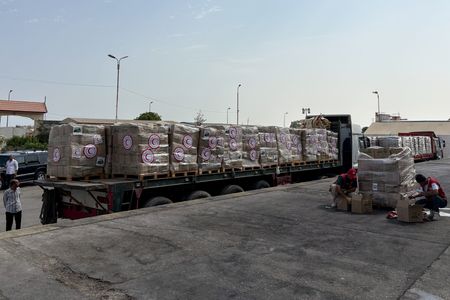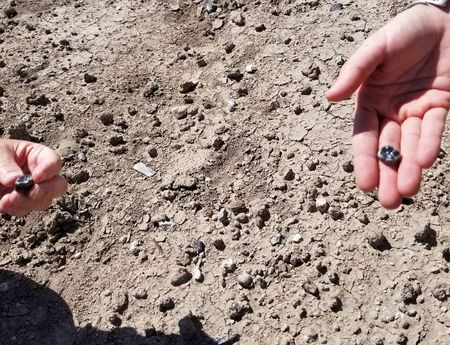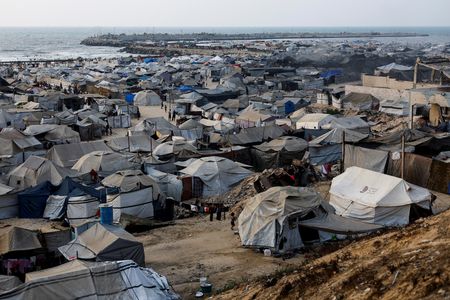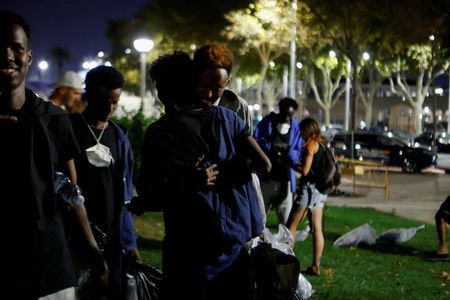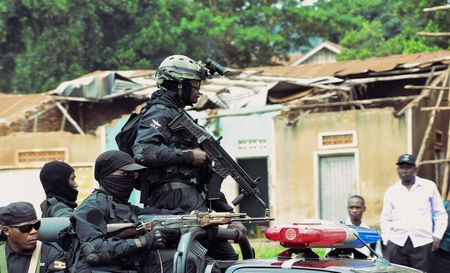BOUAKE, Ivory Coast (Reuters) -Bullet-riddled buildings still line some streets in Ivory Coast’s former rebel capital Bouake, but in the run-up to his third re-election bid President Alassane Ouattara is keen to turn the city into a symbol of recovery.
“Bouake is a city of past pain, but above all rebirth, unity and renewed brotherhood,” the 83-year-old incumbent said in his Independence Day speech last week, ahead of a parade in which he waved to supporters from a black armoured convertible.
It was the first time Bouake hosted independence festivities in over 60 years, sending the message that “peace has returned” after the civil war that preceded Ouattara’s swearing-in in 2011, said political analyst Geoffroy Julien Kouao.
Yet away from the pomp of official ceremonies, ex-combatants and other Bouake residents tell a more complex story of lingering division and economic struggle.
“When we go to a company to apply for jobs, we are turned away because they (employers) know we have taken up arms… They (employers) are afraid of us,” said Fousseni Toure, member of a civil society group that advocates for former fighters.
Ivory Coast, the world’s biggest cocoa producer, effectively split in two after a rebellion in 2002 against then-President Laurent Gbagbo, and Bouake became the headquarters of the New Forces rebels, many of them from Ouattara’s Dioula ethnic group.
The war was largely a result of xenophobic policies against farmers from Burkina Faso and Mali that also targeted northern Ivorians with cultural ties to them.
Thousands of U.N. peacekeepers deployed and new elections were held in 2010, but Gbagbo refused to accept defeat to Ouattara, setting off four months of violence that killed around 3,000 people.
RECONCILIATION ELUSIVE
Ouattara, a former international banker who announced last month he would seek re-election, is widely credited for Ivory Coast’s steady economic growth since he took office.
Some former combatants say they have benefited.
Alissou Ouattara, no relation to the president, supports his wife and five children by running a small restaurant and coffee kiosk.
“I earn my living properly,” he said. “I don’t envy anyone.”
Other ethnic Dioulas have had a harder time, partly because of conflict with so-called “autochtone”, or indigenous, ethnic groups who are more likely to support Ouattara’s political opponents, said Soumaila Doumbia, coordinator of the Bouake-based Civil Society Platform for Peace and Democracy.
“There are political actors who remain in the shadows to exploit young people so that they can come into conflict,” he said.
During the last election, in 2020, clashes killed 85 people.
The exclusion of Gbagbo and Tidjane Thiam, leader of the opposition PDCI party, from the next ballot means the climate could be tense again when Ivorians vote on October 25.
An Ivory Coast court ruled in April that Thiam was ineligible because he was a French national when he registered, while Gbagbo cannot run because of a past criminal conviction.
Thousands of supporters of both men took to the streets of Abidjan’s Yopougon district to protest over the weekend.
Doumbia is nevertheless optimistic that these issues can eventually be resolved for good.
“We are certain that in the months and years to come, Bouake will be a reconciled city,” he said.
(Reporting by Loucoumane Coulibaly; writing by Robbie Corey-Boulet; editing by Mark Heinrich)

